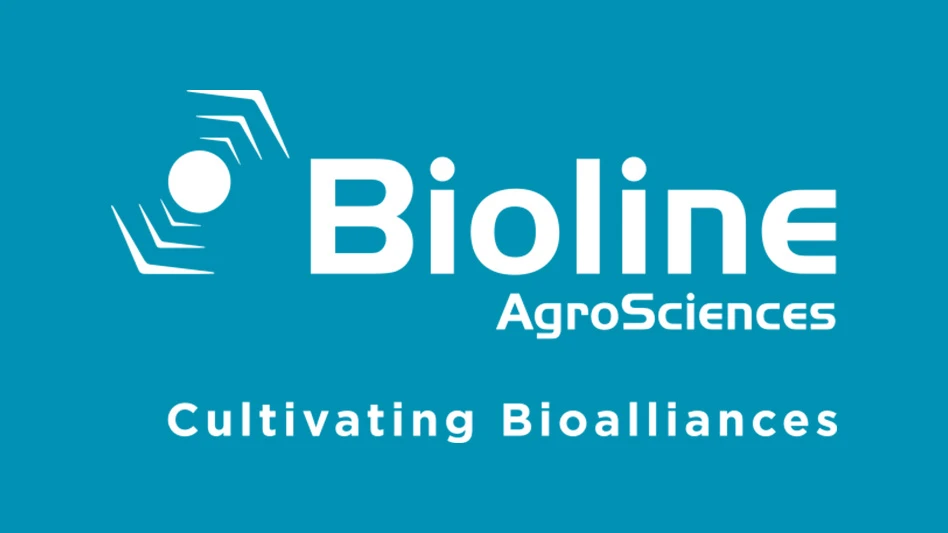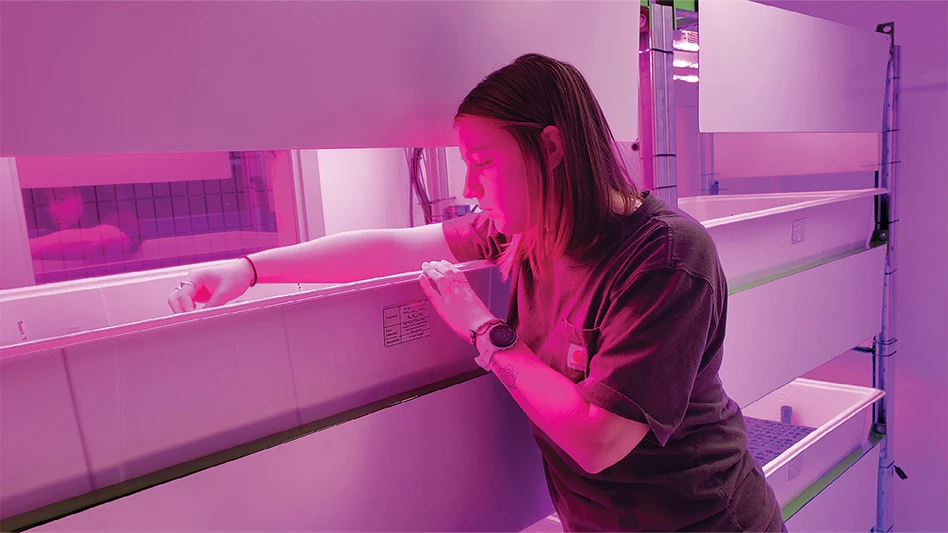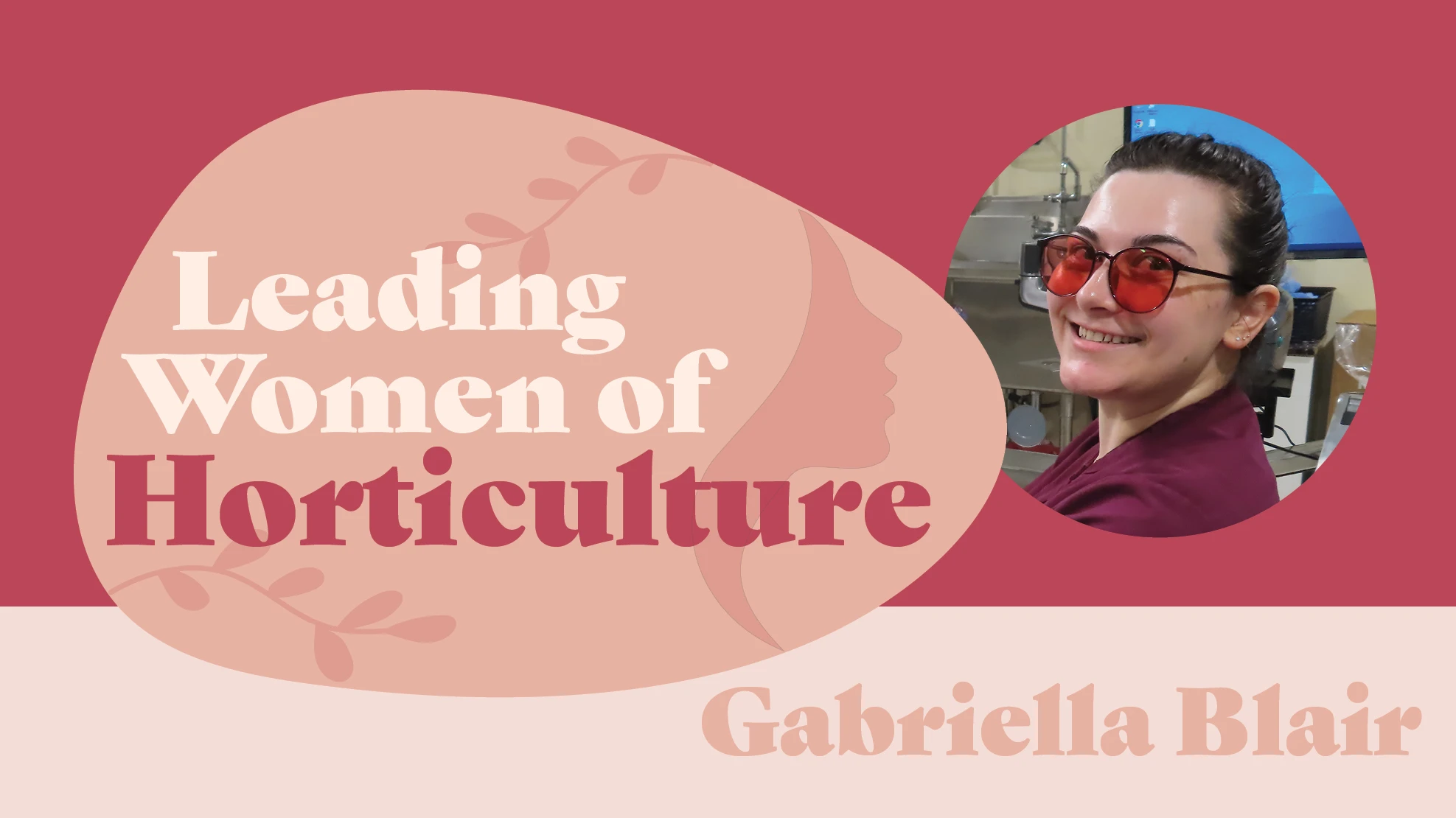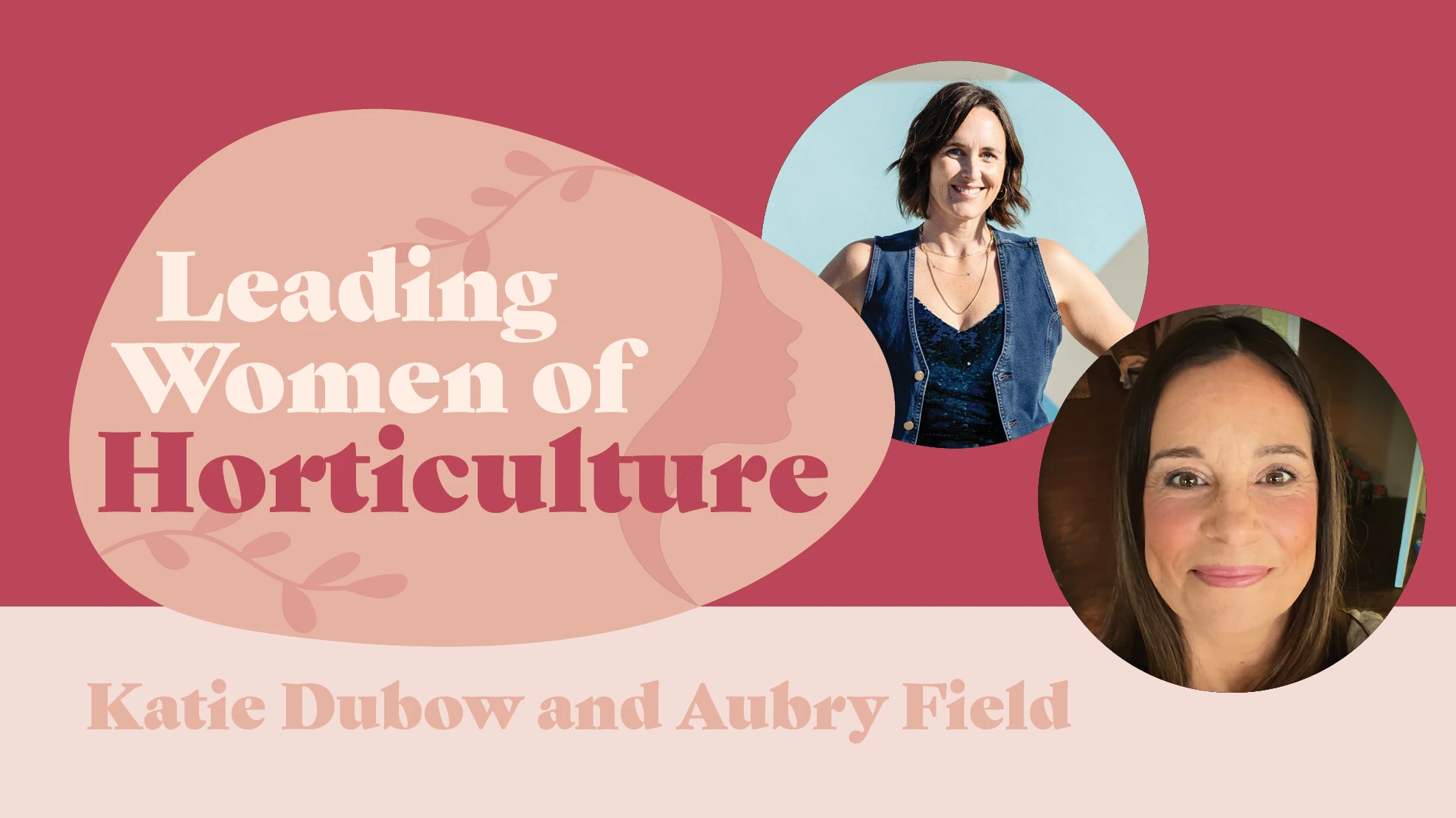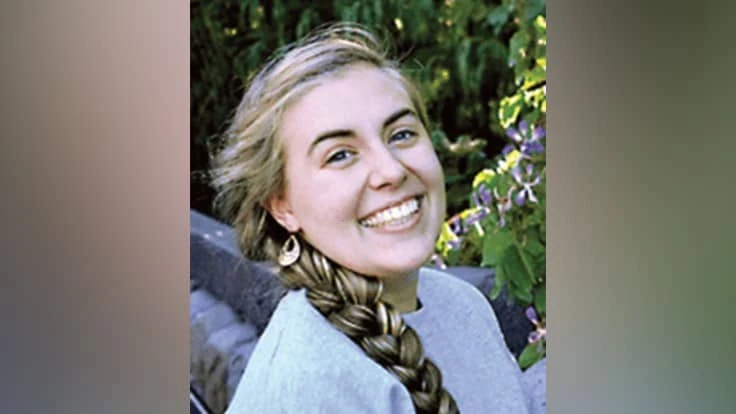

As a PhD graduate research student at the University of Georgia, Mary Lewis primarily works with milkweed, a perennial native to the U.S. While she isn’t sure whether milkweed will be her focus forever, she does enjoy working with somewhat unknown plants, along with familiar plants, year in and year out.
Greenhouse Management: What appealed to you about continuing your academic career instead of pursuing a job at a grower or elsewhere in the industry?
Mary Lewis: For what I can tell, and what I’ve been told from all of my friends and coworkers in the industry, if I want to get the job I want [head breeder] and decide which way a program is going to go, that requires at least a master’s. That’s almost old-fashioned now and they are hiring more and more PhDs.
So I think I could get a job I want and slowly work my way up. But [if I did that] I’d never get exactly where I want to go.
GM: What have you learned from doing both internships at greenhouse operations and doing research in a university setting?
ML: I was fortunate, or unfortunate depending on how you look at it, that every time I took an internship I would leave saying, ‘That was fun, but that’s not really what I want to do.’ It was a wonderful opportunity to meet all of these different people in different parts of the industry, and I maintain those connections. But it also allowed me to narrow down what I exactly want to do so I’m not wandering around aimlessly. I knew what I wanted and what I wanted to do because I had been with PanAmerican Seed and did the whole assistant breeder job for four months and loved it. And from what I can tell, it will all be extremely useful. At the university level, my advisers have been great about picking classes for me that apply to the commercial industry and they have pushed me by getting me to go to conferences and events like CAST.
GM: How do you think your visibility will help during your future job search?
ML: I learned a lot from the AFE Vic & Margaret Ball internship program. I learned from that, that if you’re kind of in the system already — by working with named companies and they know you and like you — then your name gets around a whole lot easier. Some of it is you having to ask around and putting your name out there. But a lot of it I’ve been finding is that if you’ve done a good job and you’re doing a good job now, your name gets out and they know you before you even really come to them.

Explore the February 2020 Issue
Check out more from this issue and find your next story to read.
Latest from Greenhouse Management
- CEA Alliance celebrates bipartisan introduction of Supporting Innovation in Agriculture Act
- Dümmen Orange North America celebrating 25th anniversary in 2025
- CEA HERB Part 1: Best management practices for culinary herbs
- Lawsuit challenges new H-2 visa rules
- CEA HERB Part 2: A guide to increasing the sowing density of culinary herbs
- Illinois Landscape Contractors Association changes name to Landscape Illinois
- 2025 Proven Winners Horticulture Scholarship applications now open
- ICL’s Gemini Granular herbicide now registered for use in California

